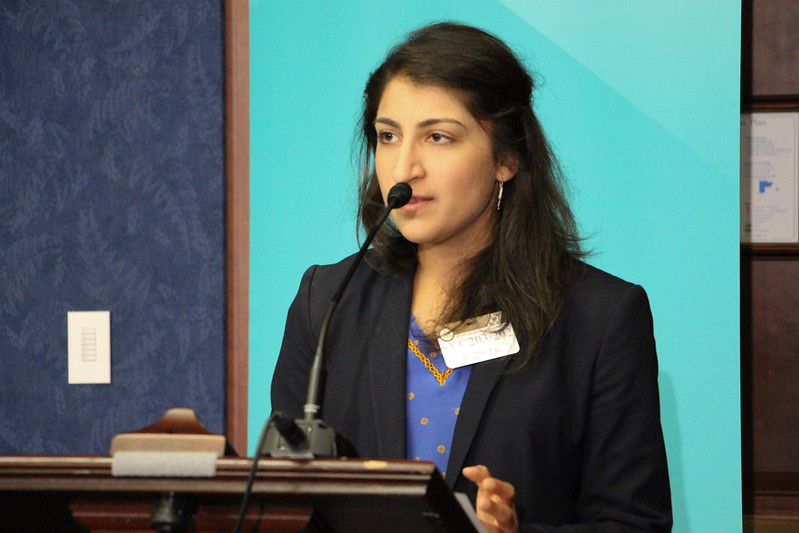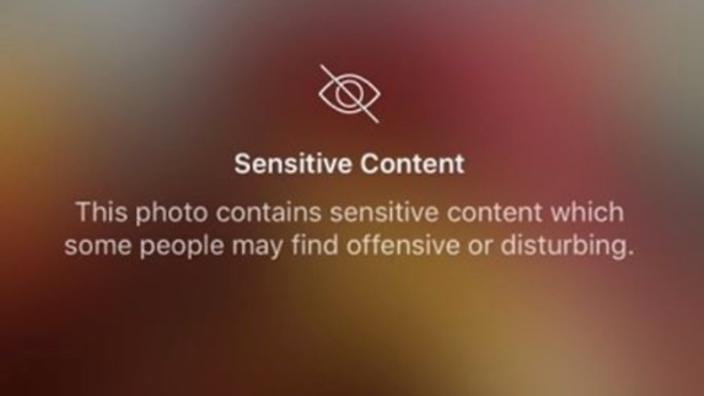“Firms that harvest Americans’ personal data can put people’s privacy at risk,” FTC Chair Lina Khan said. “Now firms could be exploiting this vast trove of personal information to charge people higher prices.”
By Edward Carver. Published 7-23-2024 by Common Dreams

The U.S. Federal Trade Commission on Tuesday launched an investigation into surveillance pricing and requested information from eight companies on the practice.
The FTC inquiry will look at the effect of surveillance pricing—using data on consumers’ behavior or characteristics to manipulate the price for them as individuals—on privacy, competition, and consumer protection.
Continue reading









